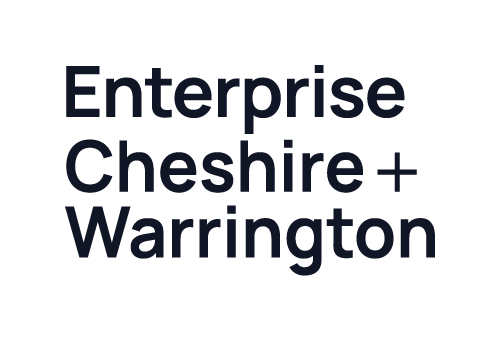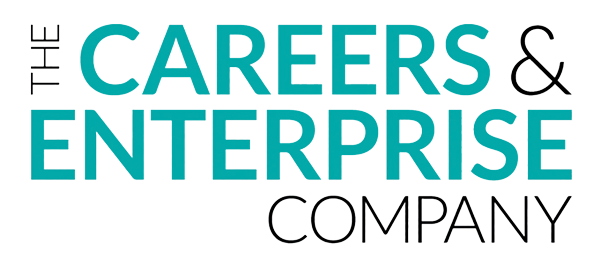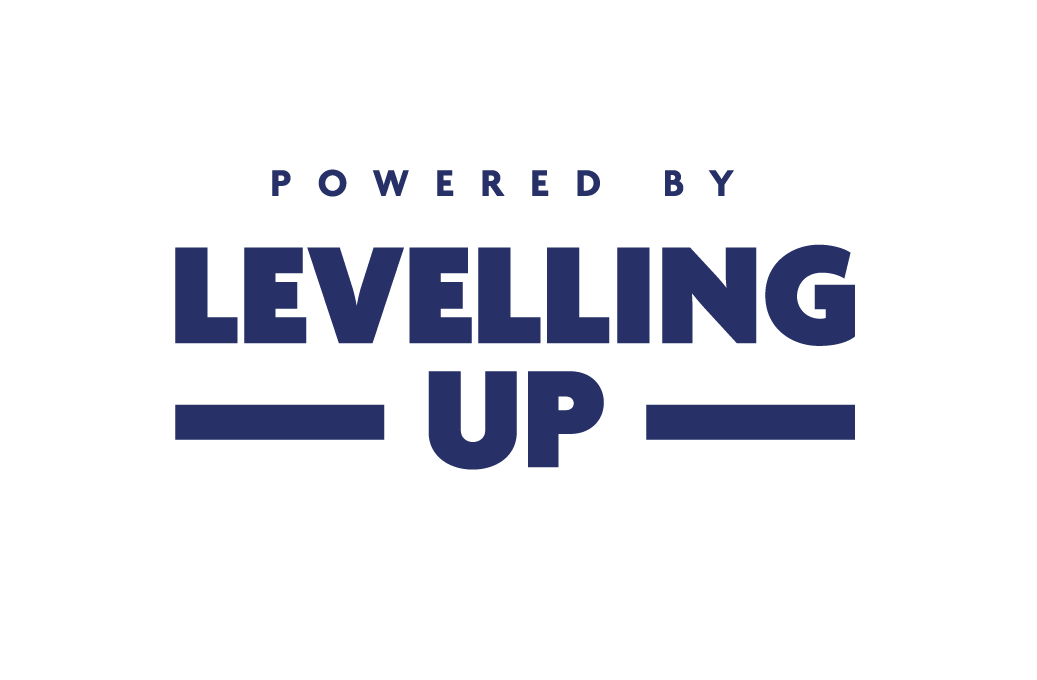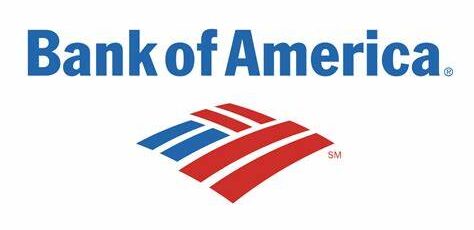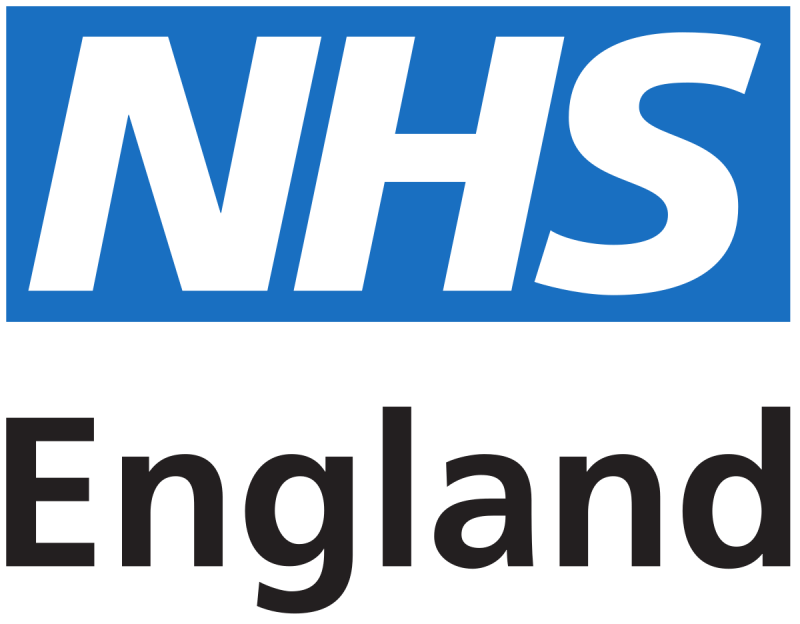Gatsby Benchmarks
The 8 Gatsby Benchmarks
The Gatsby Benchmarks were developed on behalf of the Gatsby Foundation by Sir John Holman. They define what world-class careers provision in education looks like and provide a clear framework for organising the careers provision at a school or college. The benchmarks are enshrined in the statutory guidance for schools and colleges.
The eight benchmarks have been adopted as part of the Government’s Careers Strategy and statutory guidance for schools and colleges. In addition, The Careers and Enterprise Company now supports the implementation of the benchmarks in schools and colleges with a national network of support, resources and targeted funding.
We can support you by:
- Joining the dots between education and businesses across the region, bringing employers, educators and providers together through our network
- Increasing your network to deliver against the Gatsby Benchmarks
- Delivering and signposting support and training to Senior Management Teams specifically Careers Leaders to aid the design of a quality career education programme using best practices linked to the Gatsby Benchmarks
- Sharing practical digital tools and resources that support the achievement of the benchmark
GET IN TOUCH
-
1. A stable careers programme
Every school and college should have an embedded programme of career education and guidance that is known and understood by pupils, parents, teachers and employers.
Read more about Gatsby Benchmark 1
-
2. Learning from career and labour market information
Every pupil, and their parents, should have access to good-quality information about future study options and labour market opportunities. They will need the support of an informed adviser to make best use of available information.
Read more about Gatsby Benchmark 2
-
3. Addressing the needs of each pupil
Pupils have different career guidance needs at different stages. Opportunities for advice and support need to be tailored to the needs of each pupil. A school’s careers programme should embed equality and diversity considerations throughout.
Read more about Gatsby Benchmark 3
-
4. Linking curriculum learning to careers
All teachers should link curriculum learning with careers. For example, STEM subject teachers should highlight the relevance of STEM subjects for a wide range of future career paths.
Read more about Gatsby Benchmark 4
-
5. Encounters with employers and employees
Every pupil should have multiple opportunities to learn from employers about work, employment and the skills that are valued in the workplace. This can be through a range of enrichment activities including visiting speakers, mentoring and enterprise schemes.
Read more about Gatsby Benchmark 5
-
6. Experiences of workplaces
Every pupil should have first-hand experiences of the workplace through work visits, work shadowing and/or work experience to help their exploration of career opportunities, and expand their networks.
Read more about Gatsby Benchmark 6
-
7. Encounters with further and higher education
All pupils should understand the full range of learning opportunities that are available to them. This includes both academic and vocational routes and learning in schools, colleges, universities and in the workplace.
Read more about Gatsby Benchmark 7
-
8. Personal guidance
Every pupil should have opportunities for guidance interviews with a careers adviser, who could be internal (a member of school staff) or external, provided they are trained to an appropriate level.
Read more about Gatsby Benchmark 8
The Benefits
Good high-quality career guidance in schools and colleges is vital to young people so they can make well-informed decisions on their future. As a Careers Hub, we work with schools, special schools, colleges and educational providers and employers to help every young person find their best next step by being a critical friend to shape and advise on designing and delivering modern, 21st-century careers education strategy and programme
The Impact
The positive impact of the benchmarks has been strengthened by research from the CEC: The benefits of Gatsby Benchmark achievement for post-16 destinations. The report found that as careers provision (as measured by the benchmarks) improves, Year 11 students show improved sustained transitions into education, training or employment post-16, with the benefits most pronounced in the most disadvantaged schools
